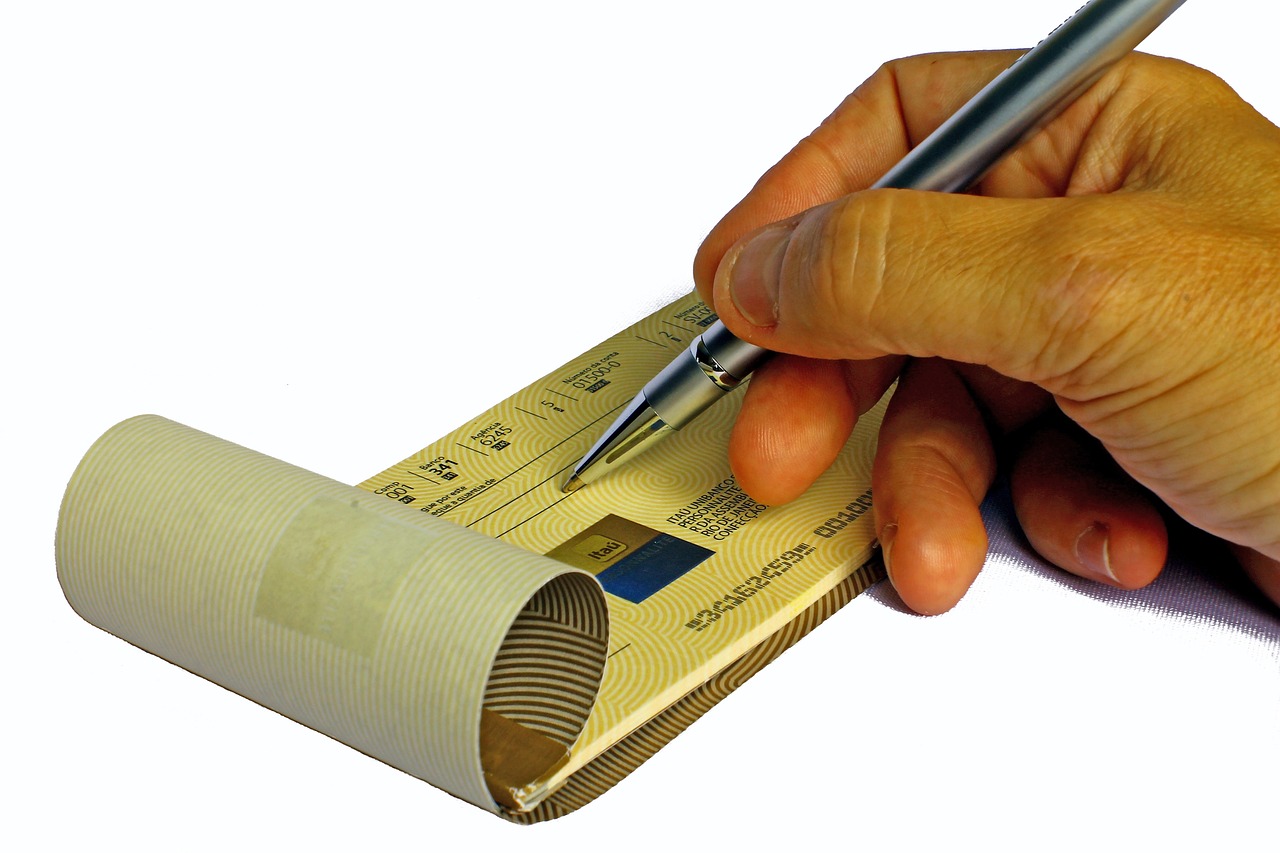The United States Postal Inspection Service, the FBI, and the Better Business Bureau warn that check fraud in the form of check washing is dramatically on the rise. Brazen scammers are breaking into mailboxes, postal service collection boxes, and holding up postal workers to get checks from the mail.
The scammers quickly use chemicals like acetone (nail polish remover) to “wash” away the payee and amount on your check effectively making it a signed blank check. Many fraudsters carry the tools of their trade right in their car where they will rewrite your check, replacing the payee with a name on a fake or stolen ID, inflating the dollar amount, and cashing the check.
Authorities agree on steps you can take to lessen your chance of falling victim.
- Avoid the mail. The best way to avoid check washing is to switch your bill paying to automated electronic bill paying. Visit your bank with a list of your regular payments and they will gladly walk you through the process.
- If you must write a check, make it difficult for the fraudsters. Blue ink in a ballpoint pen is generally alcohol based and is easily washed from your check with a variety of chemicals solvents. They recommend if you must mail checks, switch to black gel ink pens which resist chemical stripping and leave some pigment in the check making it more difficult to wash.
- If you must mail a check, take precautions. Do not leave outgoing mail, especially that containing checks, in your mailbox with the flag up. That is an invitation to mail thieves. Take your outgoing mail to the post office lobby mail slot.
- Improve your mailbox security. Installing highly visible cameras near your mailbox and using a locked mailbox are two additional ways to avoid falling victim to this scam.
- Watch your account balance closely. Monitor your checking account balance for any suspicious activity. Most banks have a service that will email you each night with your balance if it drops below a given level. Set the amount at a nominal level to be notified each night.
- Businesses should use “positive pay” services. Many banks offer “positive pay” services for business checking accounts. You can pre-authorize checks for a specific amount by their check number. This will at least stop scammers from withdrawing an inflated amount.
- Schemes like check washing are often tied closely with identity theft. Stolen identities are used to cash the checks. If your check is stolen, it puts you at risk as a potential victim of identity theft.
If you think your check was intercepted in the mail, let your bank know right away. Then, file a report with the Postal Inspection Service and your local police department, your credit reporting bureau and BBB.org/ScamTracker.

